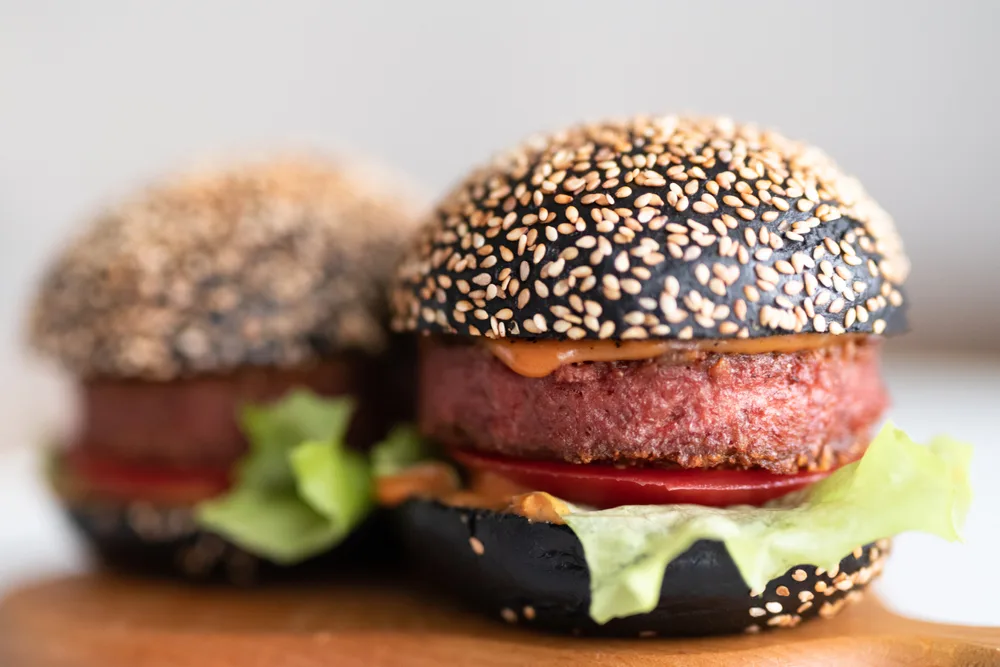What you probably don’t know about this latest trend, plus why some plant-based supplements may not supply the nutrients you need. Plant-based products get a lot of attention these days. While there is a perception that plant-based is better for your health, you might be surprised to learn that’s not always true. Many junk foods are plant-based. The most obvious are potato chips, says our nutrition myth buster Jonny Bowden, Ph.D., CNS. He believes there are some very nutritious animal-sourced foods and supplements that should be part of your daily diet.
What’s the other side of plant-based diets?
Bowden observes that most people misunderstand what plant-based means. “Plant-based simply means the majority of your calories come from plants. It is not another word for veganism. That’s busting the first myth! The paleo diet is a good example. Everyone thinks it’s all protein and meat, but in fact, the original paleo diets were 65% plants and 35% animal food.”
Are plant-based diets better?
Another common myth is that plant-based is a better, cleaner way of eating. “Not always,” Bowden points out. “Some plant-based food substitutes have dozens of ingredients to replace a single animal-based protein source.
Fake meats and other plant-based eating myths
The fake meats that were briefly popular are great examples of junk food masquerading as healthy because they don’t contain any animal products. It’s perfectly fine to eat animal proteins. Just make sure it’s clean, without hormones or steroids. That means choosing 100% grass-fed beef and free-range chicken, for instance.”
He warns that limiting or avoiding animal products may lead to nutritional deficiencies. “It’s a myth that you just need to add a B12 vitamin if you’re vegan and you’ll be fine. There are many nutrients missing from an all-plant diet.”
Wait, are omega-3s even still relevant?
A few years ago, fish oil supplements were all the buzz. Are they still important? “Every cell in the body needs omega-3s. They are one of the strongest and best ways to maintain normal inflammation levels throughout the body. They’re essential for the brain, the heart, our bones … every system of the body! Since we don’t make them, we need to consume them daily for the full benefits,” says Bowden. “And the richest source is fish.”
Why do we need omega-3s? “We’re under attack. Processed foods, stress, and exposure to environmental toxins all shift our systemic fatty acid levels. Ideally, we need as close to a 1:1 balance between omega-6s (which are pro-inflammatory) and omega-3s (which are anti-inflammatory) as possible.1
“Unfortunately, research shows we now consume 16 times more omega-6s than we do omega-3s.1 This is a huge problem.”
About JONNY BOWDEN

Jonny Bowden on plant based eating myths
Jonny Bowden, PhD, CNS, also known as “The Nutrition Myth Buster” ™ is a nationally known board-certified nutritionist and expert on diet and weight loss. He has appeared on the Dr. Oz Show, Fox News, CNN, MSNBC, ABC, NBC, and CBS as an expert on nutrition has contributed to articles in The New York Times, Forbes, The Daily Beast, The Huffington Post, Vanity Fair Online, Men’s Health, Prevention, and dozens of other print and online publications.
Dr. Jonny is the best-selling author of 15 books including The 150 Healthiest Foods on Earth, Living Low Carb (now in its fourth edition), and is the co-author, with cardiologist Stephen Sinatra, of the controversial best-seller, “The Great Cholesterol Myth: Why Lowering Your Cholesterol Won’t Prevent Heart Disease and the Statin-Free Plan that Will”.
His latest book, Smart Fat: Eat More Fat, Lose More Weight, Get Healthy Now!– written by PBS star Steven Masley, MD— was published by Harper Collins in January 2016. Follow him @jonnybowden



![women [longevity live]](https://longevitylive.com/wp-content/uploads/2020/01/photo-of-women-walking-down-the-street-1116984-100x100.jpg)










